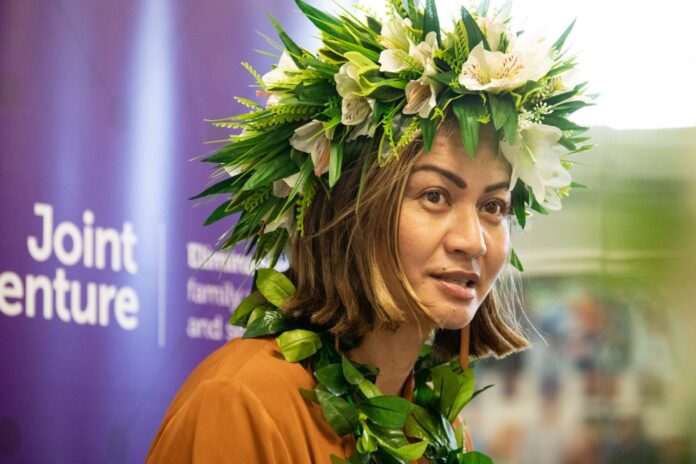Minister for the Prevention of Family and Sexual Violence, Marama Davidson, today announced the launch of the Ethnic Communities Network.
The Minister said the group had been established to contribute to the implementation and monitoring of Te Aorerekura – the National Strategy to Eliminate Family Violence and Sexual Violence, for all people in Aotearoa to live free from violence.
“It is important that the experiences of diverse communities – ethnic communities, tangata whenua, Pacific peoples, Rainbow peoples, disabled peoples, children and young people, older people, victim-survivors, and people who have used violence – are helping to ensure changes are effective for each diverse community,” Minister Davidson said.
Ethnic communities are a diverse group representing over 200 ethnicities, including new and temporary migrants, former refugees, asylum-seekers, long-term settlers and people who were born in Aotearoa New Zealand.
The Ethnic Communities Network is an opportunity for these groups to feed directly into Te Aorerekura, the Minister said.
“We have heard loud and clear that ethnic communities want a commitment to safer services that understand cultural diversity, respond to linguistic diversity, have better data on the distinctive forms of violence that communities experience, more education, and better government-led and community-led supports.”
“We have also heard about difficulty ethnic communities face in the context of systemic racism and cultural beliefs, especially around gender norms, that has too often led to under-reporting of violence and abuse, and services that are not as helpful and useful as they should be.
“Under Te Aorerekura, we are committed to resourcing diverse communities to take the time to meaningfully engage with us and I am proud that more than $1.765 million has been provided to community to do this,” she said.
Enabling community voice and leadership is part of achieving Shift Two: Towards mobilising communities of Te Aorerekura Action Plan.
Each group has determined their own model for participation. They include:
- Ethnic community members and organisations have built a network to strengthen collaboration across ethnic providers, working together to identify and work towards responsive violence prevention strategies for communities and to collectively feed into the government’s work.
- The establishment of an independent Tangata Whenua Ministerial Advisory group, Te Pūkotahitanga.
- Rangatahi are working alongside adults with experience in youth participation in an Expert Advisory Group for Children and Young People.
- Funding is being provided to an existing rainbow network to facilitate LGBTQIA+ communities engagement.
- An Interim Disability Reference Group has been established, with a National Disability Expert Advisory Board to be formed soon, in response to a report from the Disabled People’s Assembly.
- Pasifika providers are meeting regularly and recently held their inaugural National Pacific Family Violence and Sexual Violence Practitioners’ Fono in Auckland with over 250 people, including Minister Davidson, in attendance.
- The Office for Seniors is working to pilot a regional elder abuse network.
Work is also underway to ensure that Government better understands how to respond to people who have used violence, the Minister said.
“Our second Annual Te Aorerekura Hui, held in June this year, was an opportunity for communities to come together with government agencies to discuss progress over the past 18 months.”
“The Government is listening and responding to what communities tell us as we lay the foundations to implement Te Aorerekura,” she said.



